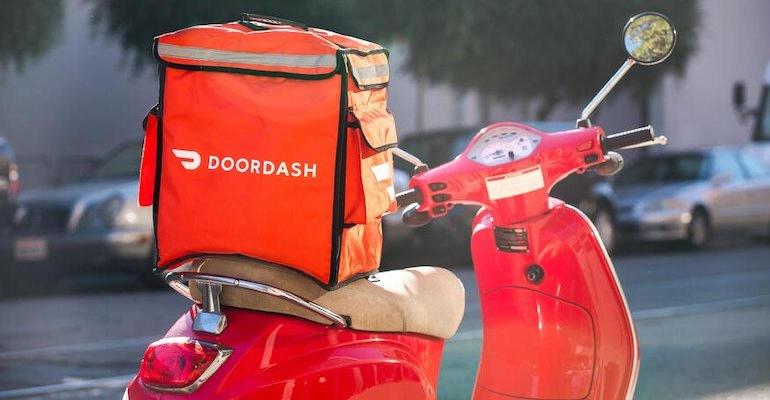This week as DoorDash made headlines with CEO Tony Xu’s letter to staff announcing a massive round of layoffs — 1,250 or about 7% of its total workforce — the technology industry began to get nervous. After all, DoorDash isn’t the only powerful tech company shedding employees as we head into a national recession: the list also includes Amazon, Meta and Twitter. But rather than worrying that the sky is falling, in most of these cases, it’s more likely that that tech platforms like DoorDash are simply adjusting to changing demands and economic pressures in a post-pandemic world.
In his letter to employees, Xu boiled down the layoffs to two factors: the primary factor is operational efficiency. Before the pandemic, he said, DoorDash was understaffed, and in 2020, demand for delivery grew astronomically. As we settle into a post-pandemic economy, demand has normalized, so the layoffs could be seen as a course correction. The second factor he discussed is the uncertainty of the ecommerce business on the precipice of a recession.
“While our business continues to grow fast, given how quickly we hired, our operating expenses – if left unabated – would continue to outgrow our revenue,” Xu said in the letter, explaining why they chose to go in this direction.
According to DoorDash, the layoffs are a proactive move that will help achieve more efficient growth in the future. Many of these layoffs are meant to correct redundancies in the company created when DoorDash completed its June acquisition of Wolt Enterprises —a compatible delivery platform based in Helsinki that has helped DoorDash expand internationally. Most of the affected employees laid off from the company are located in the U.S., Canada and other core DoorDash markets.
Of course, although operational efficiency could be dismissed as corporate speak, in this case, we don’t think DoorDash’s layoffs are a sign of trouble for the company or for the delivery industry in general. As compared with its competitors in the industry, DoorDash has been outperforming expectations, and keeps announcing growth initiatives, including new features, the latest of which is the ability to make restaurant reservations on the platform. In the last quarter for the period ending Sept. 30, the number of orders on DoorDash’s platform grew by 27% as demand skyrocketed and beat expectations. However, this win was tempered by a net loss of $295 million. According to Bloomberg, as of June 2022, DoorDash claims 59% of the delivery market share, compared with 13% for Grubhub and 27% for Uber Eats/Postmates.
These numbers seem to corroborate the explanation given by Xu: Yes, DoorDash is winning the delivery race, but the company needs to cut back on expenses to get to the next level of long-term profitability.
This is why we don’t think delivery is going to suffer long-term losses: instead delivery platforms, alongside other restaurant tech and software companies, are going through some growing pains in the aftermath of explosive digital demand at the height of the COVID-19 pandemic. As NRN previously warned the industry, delivery companies are going to need to evolve to become more than just an online marketplace for restaurants, particularly in light of the legal and social backlash against commission fees, which can be as high as 30% of a restaurant delivery order.
DoorDash has managed to change the narrative by pivoting to new features and bells and whistles in an effort to show operators that it’s not only a friend of the industry but can also be more versatile. With new features like reservations, merchant benefits for restaurant employees, national shipping, curated reviews, and restaurant financing, DoorDash’s evolution is reminiscent of other tech companies racing to become end-to-end platforms for the restaurant industry. In fact, that’s exactly what the company is trying to do: a company representative said that their ambition is to solve all merchant problems, and the layoffs do not indicate a retreat from that goal.
As DoorDash continues to figure out its future after these job losses, we would not be surprised if the tech company’s next move further down the line was to acquire Grubhub. After Uber acquired Postmates two years ago, a further consolidation of the industry might be needed in response to shifting economic pressures and consumer demands. Though the delivery industry is still in flux and there are a lot of questions to answer, we don’t see DoorDash’s layoffs as the proverbial canary in the coal mine.
Contact Joanna Fantozzi at [email protected]





